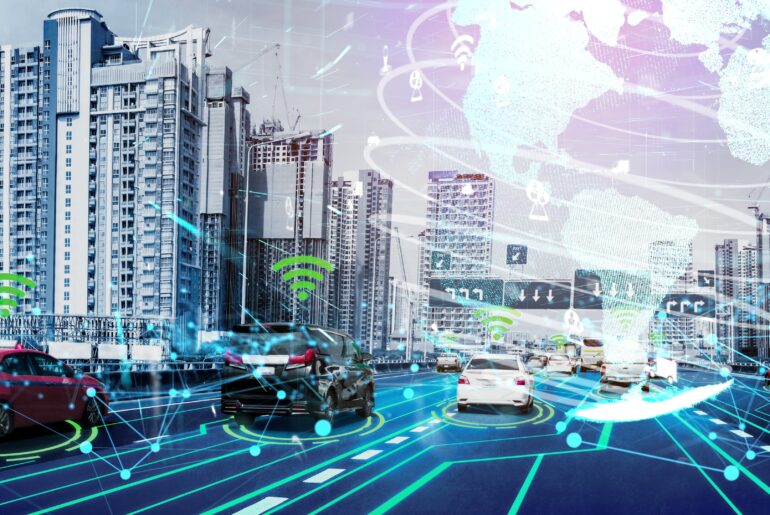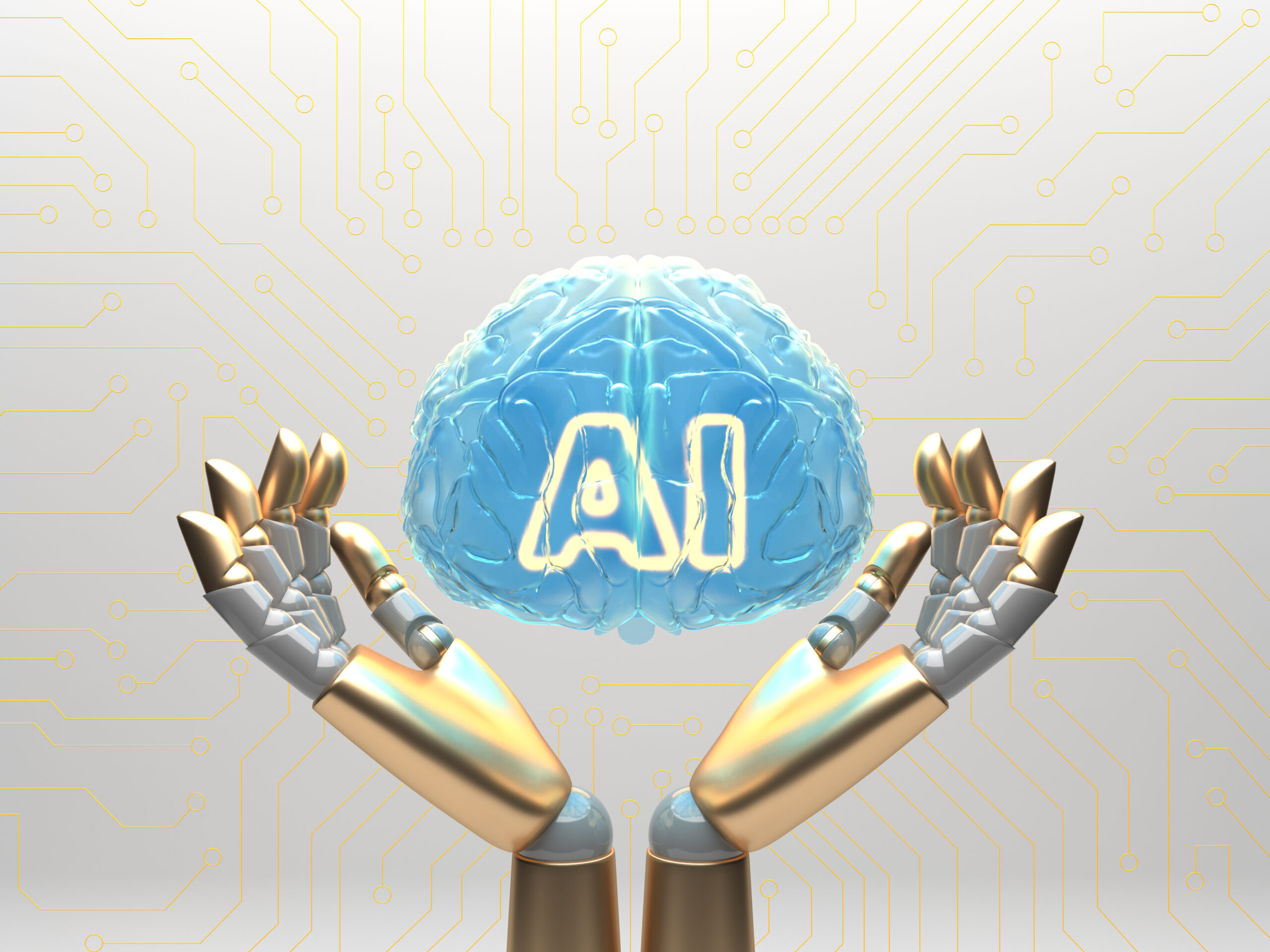Artificial Intelligence (AI) is revolutionizing the transportation industry, from self-driving cars to drones. The future of transportation is increasingly becoming automated, efficient, and safer, thanks to AI technology. In this blog post, we will discuss some of the ways that AI is shaping the future of transportation.
1. Self-Driving Cars
Self-driving cars are one of the most visible and promising applications of AI in transportation. These vehicles use AI algorithms to analyze data from sensors such as cameras, lidar, and radar to navigate roads and avoid obstacles. Self-driving cars can increase safety, reduce traffic congestion, and improve fuel efficiency.
AI-powered self-driving cars offer numerous benefits. Firstly, they are safer than human-operated vehicles. They are not prone to human errors, such as distraction or fatigue. Secondly, self-driving cars can reduce traffic congestion by optimizing routes and reducing the number of cars on the road. Thirdly, self-driving cars can be more environmentally friendly as they can be programmed to optimize fuel efficiency and reduce emissions.
However, there are still challenges to overcome before self-driving cars become widely adopted. One of the challenges is ensuring the safety of self-driving cars. There have been a few incidents where self-driving cars have caused accidents. Moreover, the legal framework around self-driving cars is still developing, and policymakers must address ethical concerns such as liability and privacy.
2. Drones
Drones are another application of AI in transportation. Drones are already being used for various purposes, such as delivering packages and monitoring traffic. Drones use AI algorithms to navigate, avoid obstacles, and optimize their routes.
The benefits of using drones for transportation are numerous. Firstly, drones can reach remote areas that are not accessible by road, making them an ideal solution for delivering medical supplies and other essential items to remote communities. Secondly, drones can significantly reduce delivery times and costs, making them an attractive option for businesses. Thirdly, drones can reduce traffic congestion by delivering goods directly to their destinations.
However, there are still challenges to overcome before drones become widely adopted. One of the challenges is ensuring the safety of drones. Drones must be able to avoid obstacles and operate safely in congested airspace. Moreover, regulations around drones are still developing, and policymakers must address ethical concerns such as privacy and security.
3. Intelligent Traffic Systems
AI-powered intelligent traffic systems are another application of AI in transportation. Intelligent traffic systems use sensors, cameras, and algorithms to optimize traffic flow, reduce congestion, and improve safety. For example, traffic lights can be programmed to adjust their timings based on real-time traffic conditions, reducing congestion and travel time.
Intelligent traffic systems offer numerous benefits. Firstly, they can significantly reduce traffic congestion, making travel more efficient. Secondly, they can improve safety by reducing the number of accidents on the road. Thirdly, they can reduce emissions by optimizing traffic flow and reducing idle time.
However, there are still challenges to overcome before intelligent traffic systems become widely adopted. One of the challenges is ensuring the reliability of these systems. Moreover, intelligent traffic systems require significant infrastructure investments, and policymakers must address concerns such as funding and public acceptance.
Conclusion
AI is transforming the future of transportation. Self-driving cars, drones, and intelligent traffic systems offer numerous benefits, including improved safety, reduced congestion, and environmental friendliness. However, there are still challenges to overcome before these technologies become widely adopted. Policymakers must address ethical concerns, such as privacy and security, and ensure that these technologies are safe and reliable. Overall, AI is set to revolutionize transportation, making travel safer, more efficient, and more accessible.


